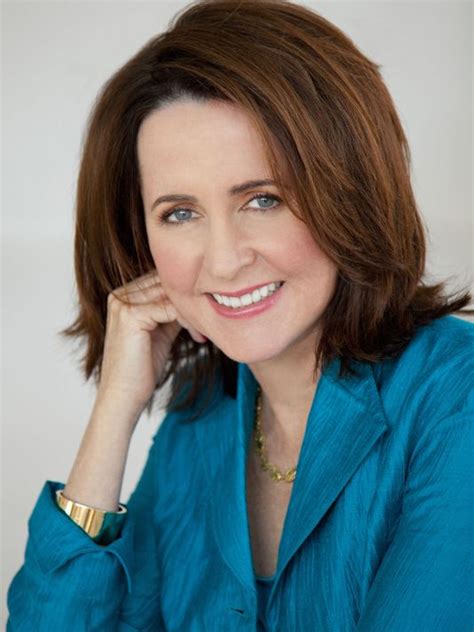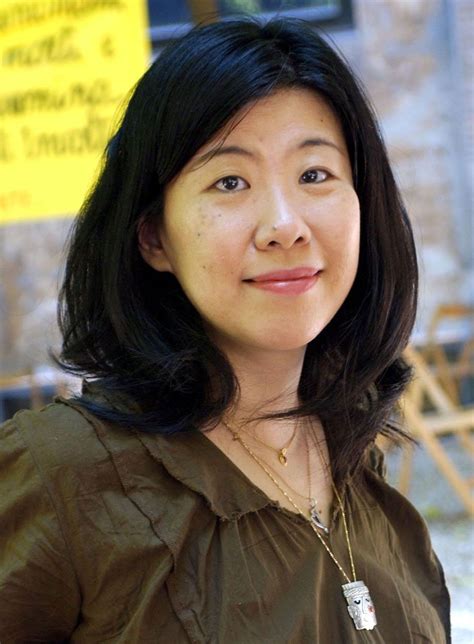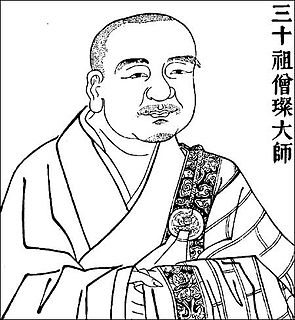A Quote by Soren Kierkegaard
What a difference! Under the esthetic sky, everything is buoyant, beautiful, transient! when ethics arrives on the scene, everything becomes harsh, angular and infinitely boring
Quote Topics
Related Quotes
Egolessness is contentment. Egoless, you don't expect anything, and just a small child smiles at you, but it is so beautiful. What else could you need? Suddenly you see a flower and the flower sends its perfume to you. What else could you need? What more could you want? The whole sky goes on filling with stars, the whole life becomes a celebration because now everything is beautiful. Without expectation everything fulfills - just to breathe is enough, just to breathe is such a bliss.
Everything gets horrible. Everything you see gets ugly. Lurid is the word. Doctor Garton said lurid, one time. That's the right word for it. And everything sounds harsh, spiny and harsh sounding, like every sound you hear all of a sudden has teeth. And smelling like I smell bad even after I just got out of the shower. It's like what's the point of washing if everything smells like I need another shower
Everything ends, and Everything matters. Everything matters not in spite of the end of you and all that you love, but because of it. Everything is all you’ve got…and after Everything is nothing. So you were wise to welcome Everything, the good and the bad alike, and cling to it all. Gather it in. Seek the meaning in sorrow and don’t ever turn away, not once, from here until the end. Because it is all the same, it is all unfathomable, and it is all infinitely preferable to the one dreadful alternative.
In general, in America, every discourse in literature in 15 minutes degenerates into a conversation about ethics, morality and this and that. The Holocaust and the consequences of it. Well, I find it terribly boring, predictable and unimportant, because what matters about literature is esthetic achievement.
I'm always trying to get to a danger point in color, where color either becomes too sweet or it becomes too harsh, it becomes too noisy or too quiet, and at that point I still want the picture to be strong, forceful, and the carrier of everything that a painting has to have: contrast, drama, austerity.
I wish I was still an atheist. Believing I was born into a harsh, uncaring cosmos - in which my existence was a random roll of the dice and I was destined to die and rot and then be gone forever - was infinitely more comforting than the truth. Because the truth is that my God is coming back. When he arrives I’ll be waiting for him with a shotgun. And I’m keeping the last shell for myself.
The acting background helped a lot when I started writing. I was training for it. In acting class they teach you about the stakes in a scene (and) what motivates characters. When you bring a scene to class - as an actor with your scene partner - you have to do everything. There's no producer, set decorator or anything like that. You and you partner have to do everything and that's kind of like facing the blank page as a writer.
The seventh rule of the ethics of means and ends is that generally success or failure is a mighty determinant of ethics. The judgment of history leans heavily on the outcome of success or failure; it spells the difference between the traitor and the patriotic hero. There can be no such thing as a successful traitor, for if one succeeds he becomes a founding father.









































